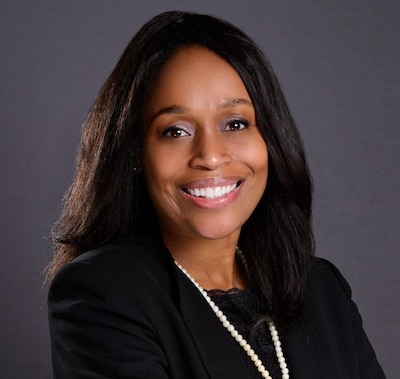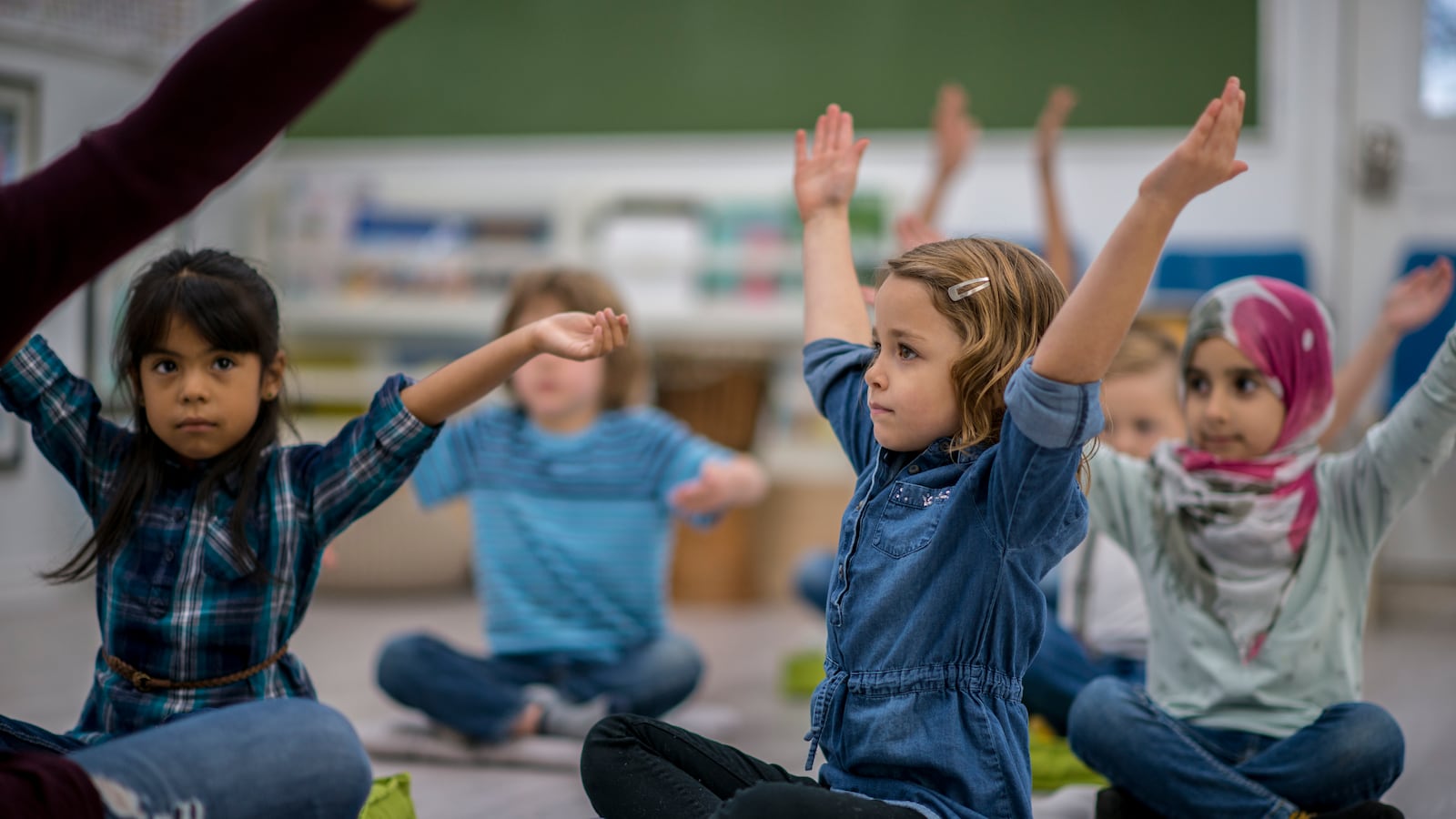National test scores showing dramatic declines in student achievement have prompted some politicians and school board candidates to call for education to go “back to basics.” Now is the time to focus on core academic subjects, they say, not things like social-emotional learning.
As a former teacher and school principal, and as the mother of a third grader and sixth grader, I believe academic recovery is paramount. But any claim that suggests schools exclude a focus on social and emotional learning, or SEL, misses the real “basics” of student learning.

I lead an organization that promotes social and emotional learning, and I often hear from people who see academics and SEL as a zero-sum game. Some of them believe it’s a choice between core academic subjects and attention to social-emotional skill-building, such as learning to manage emotions, make responsible and caring decisions, and show empathy for others.
From where I sit, I know the opposite is true. Independent studies have shown social and emotional learning to be a powerful tool for boosting academic achievement. But you don’t need researchers to tell you why this is the case. Any parent or teacher knows the basics of learning involve supportive relationships, joy, and skills like perseverance and effective communication.
With my younger son, I’ve seen firsthand that productive academic learning doesn’t happen unless students feel valued and heard in the classroom. Last year, he struggled socially and was teased by other children about his braids. Because he didn’t have a strong relationship with his teacher, he didn’t tell her. Had his classroom prioritized SEL alongside academics, I believe he would have felt empowered to ask for help. Instead, he said, he was just trying “not to be seen.”
Any parent or teacher can tell you the basics of learning involve supportive relationships, joy, and skills like perseverance and effective communication.
Now, as a third grader, my son is engaged and excited to learn. His teacher’s focus on social and emotional learning has helped him develop connections with educators and classmates. Not only does she teach them strategies for asking for help and building relationships, she makes connections to students’ interests, models kindness and empathy, and carves out time to support every child.
The pandemic has impacted education in ways we won’t fully understand for years. What is clear is that real recovery will require schools to help students engage, connect with content, set and achieve goals, and focus on learning. A recent survey from Pew Research found that 93% of parents said it’s important that schools teach their students skills such as respect, cooperation, perseverance, and empathy. That doesn’t mean they want SEL to replace math, English, and science. Rather they see SEL as I do: a prerequisite for academic success.
Similarly, district administrators also ranked mental health as a top priority in a recent poll. And research shows that academic activities that spark emotion or give students opportunities to interact socially with each other lead to deeper, longer-term learning.
Schools and families need a multi-pronged approach to address the pandemic-related losses kids have experienced. That includes a deep focus on academic learning as well as bringing joy back to schools and cultivating relationships between students and teachers. We have to get back to what makes school the fun and supportive learning environment that we know it can be. As a teacher myself, I know that students could care less about what you are presenting to them unless they trust the adult teaching it.
The question of whether or not academics are critical is not up for debate. The real question is how educators actually go about teaching academic content in a way that allows students to engage with it.
I’ve seen the benefits of social and emotional learning in real time. Recently, when my younger son had an opportunity to miss school for a day, he insisted on attending, saying: “Mom, Mrs. H says I’m the light of her day, so I have to go to school.”
Dr. Aaliyah A. Samuel is the CEO of the Collaborative for Academic, Social, and Emotional Learning, or CASEL, a senior fellow at Harvard University’s Center on the Developing Child, and a former NWEA official.



